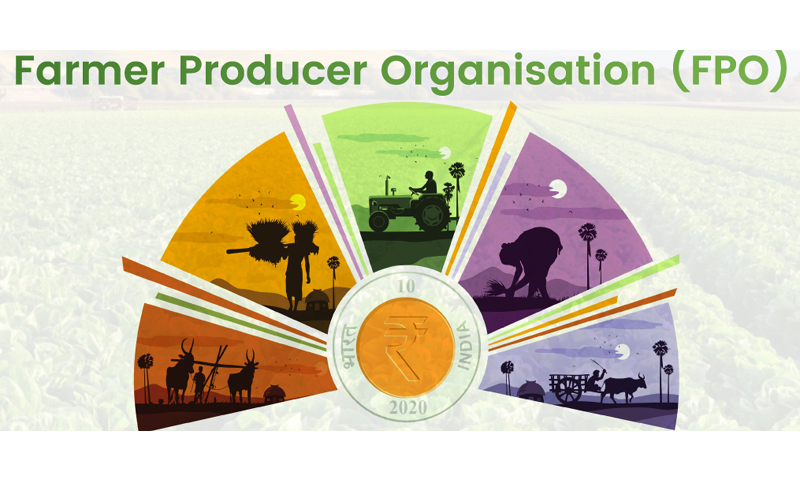In the 99th episode of “Mann Ki Baat” PM Modi specifically mentioned two developments in Jammu and Kashmir, the Lotus Stems of Dal and the Lavender crop of Bhaderwah. The highlight is that the Government is trying to improve the economic conditions of the people of Jammu and Kashmir through various innovative schemes.
Through Farmer Producer Organisations (FPOs), a collective of farmers that work together to improve their economic and social status, the Government has roped in around 250 farmers of Dal producing quality Nadru in a short span to help farmers by providing them with a platform to collectively market their produce, access credit and insurance, and share knowledge and information about farming practises. The organisation helps farmers by providing them with access to better markets, storage facilities, and processing technologies, which in turn helps them to get better prices for their produce. The Lotus Stems are harvested from the roots of the Lotus plants that grow in the lake and are often sliced and used in a variety of recipes, such as curries, stews, pakodas and salads. In addition to their culinary use, Lotus Stems are also believed to have several health benefits. They are a good source of fibre, vitamins, and minerals, and are known to have anti-inflammatory properties. Some studies have also suggested that lotus stems may have potential therapeutic effects, such as reducing cholesterol levels and improving digestion.
These benefits have been highlighted at the right platforms, even at the international level, and assurance of quality crops has paid rich dividends as a tie up with UAE-based Lulu group has resulted in the export of two consignments and the result is excellent returns for the farmers. Nadru of Kashmir, a popular ingredient in Kashmiri cuisine and a must delicacy on every occasion, is now on the menu cards of the top hotels at one of the best tourist destinations in the world. Overall, the point is these administration-aided FPOs are an important tool for promoting the economic empowerment of farmers in Kashmir and are helping to improve the livelihoods of thousands of farmers in the region.
Another produce mentioned by PM is Lavender, cultivation of which is gaining popularity in Bhaderwah of the Doda district of Jammu and Kashmir. The climatic conditions in the region, with its cool temperatures and abundant rainfall, make it suitable for Lavender cultivation. The Department of Agriculture/Floriculture under “Aroma Mission” in Jammu and Kashmir has been promoting Lavender cultivation in the region and has provided training and support to farmers who are interested in growing the crop. The department has also set up Lavender cultivation demonstration plots in Bhaderwah, to showcase the potential of the crop to local farmers. The crop has a high market value, and its essential oil is used in a variety of industries, including perfumes, cosmetics, and aromatherapy. Lavender can also be used for culinary purposes, and its dried flowers can be used to make sachets and potpourri. In addition to its economic benefits, Lavender cultivation can also have environmental benefits. The crop is drought-resistant and can grow in poor soil conditions, which makes it a sustainable option for farmers in the region. Six distillation units for the extraction of Lavender oil have also been established. The Lavender plant can give flowers for 15 years, from traditional maize cultivation to a true “Purple revolution” that has overtaken the region. Farmers in thousands are switching over to this latest crop. Overall, Lavender cultivation has the potential to provide economic and environmental benefits to farmers in Bhaderwah and the surrounding areas and is a promising alternative crop for the region.
These two are the classic cases of how a turnaround of the region’s economy has been made possible by the administration. Out-of-box thinking and planning is the hallmark of the administration now.
Trending Now
E-Paper


